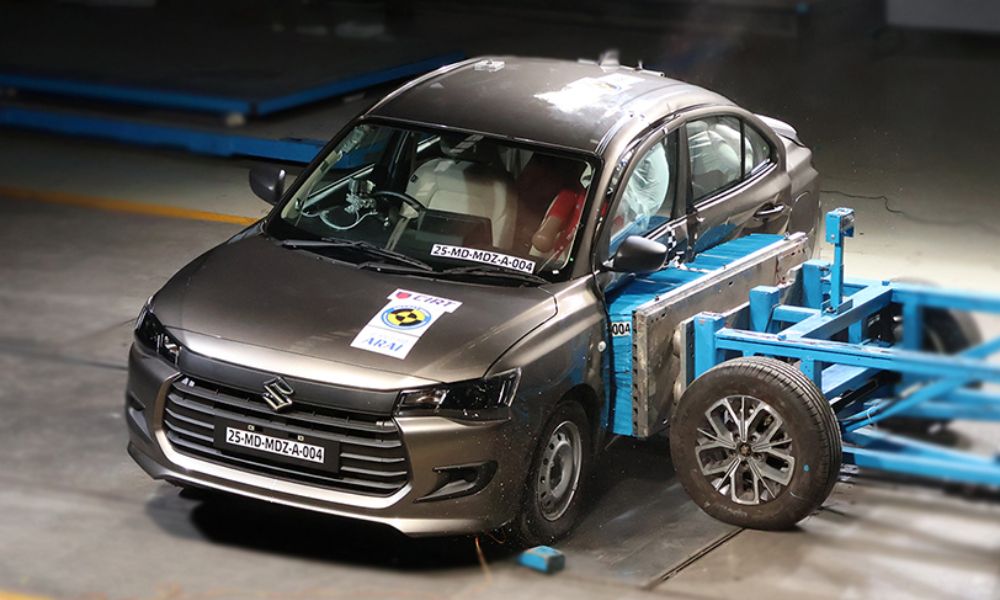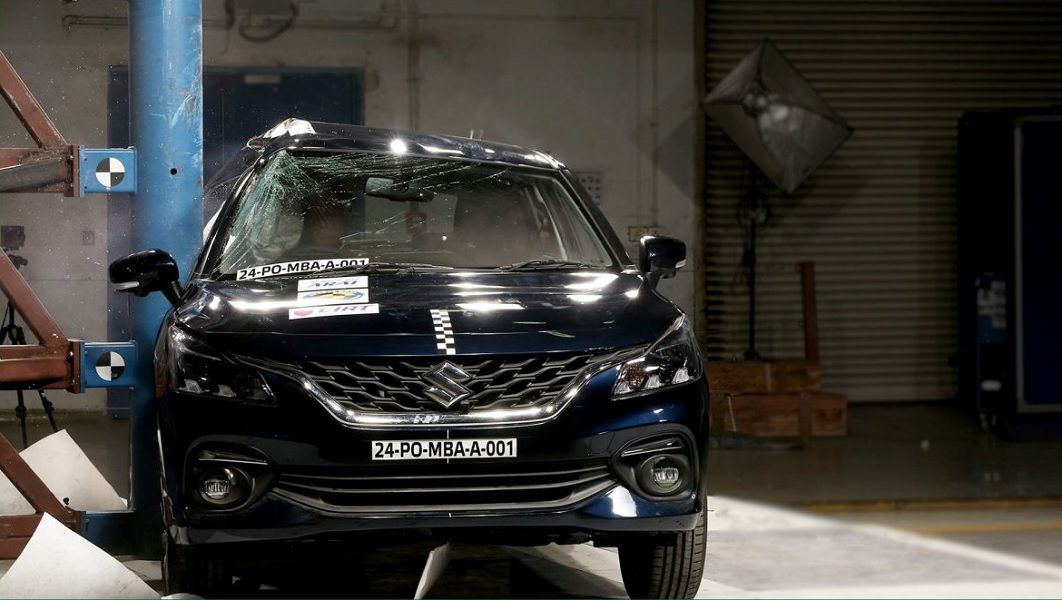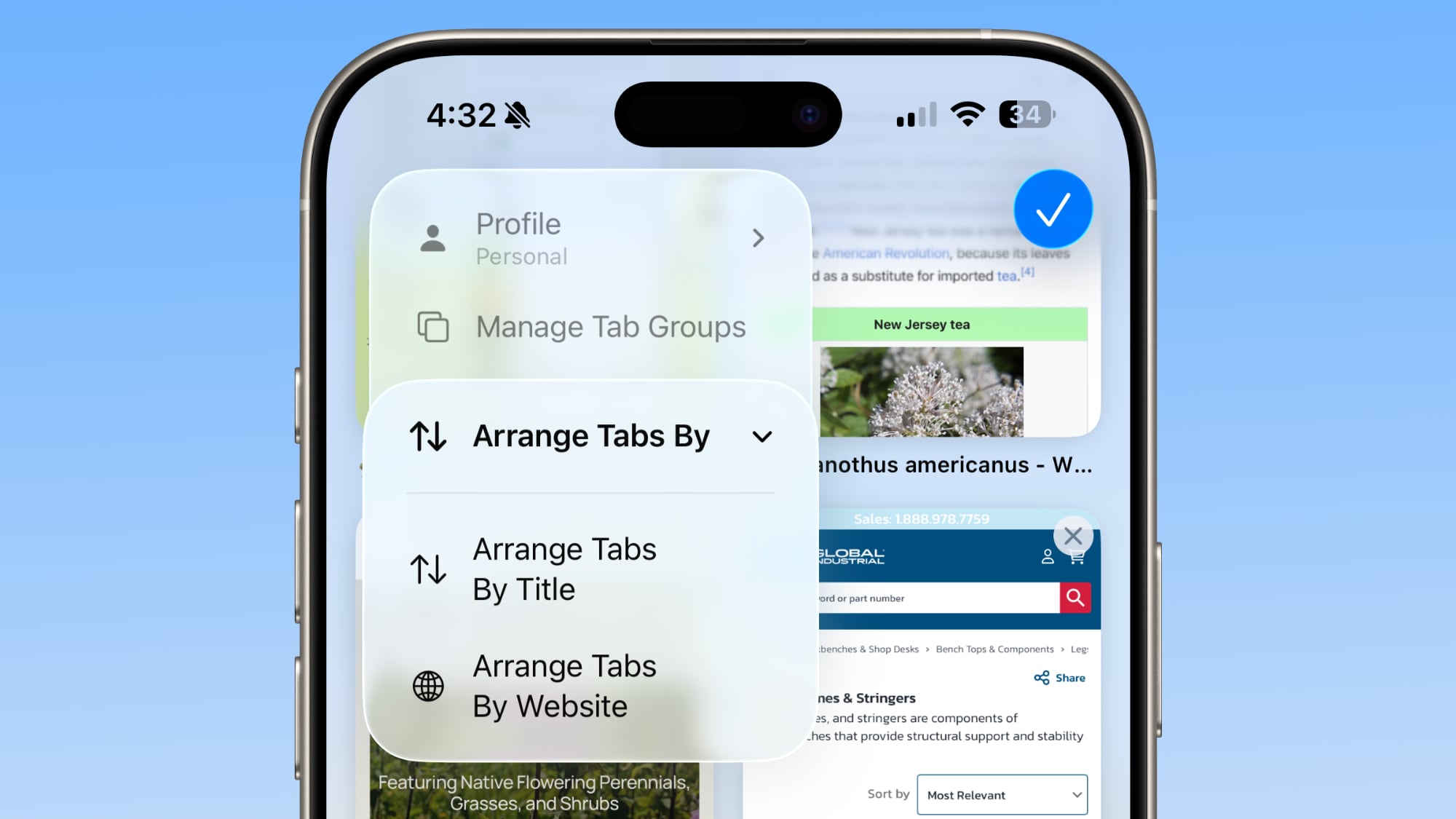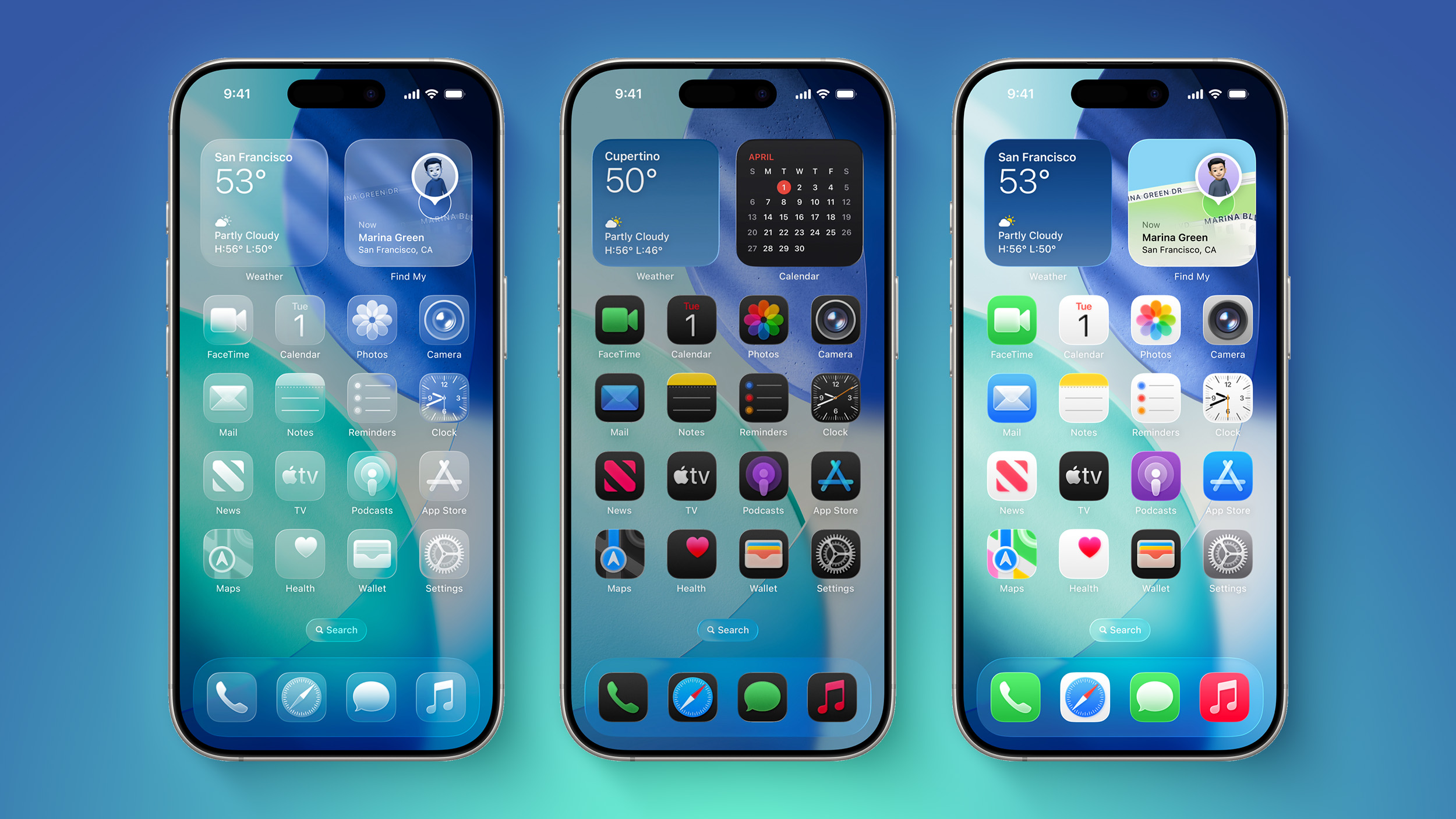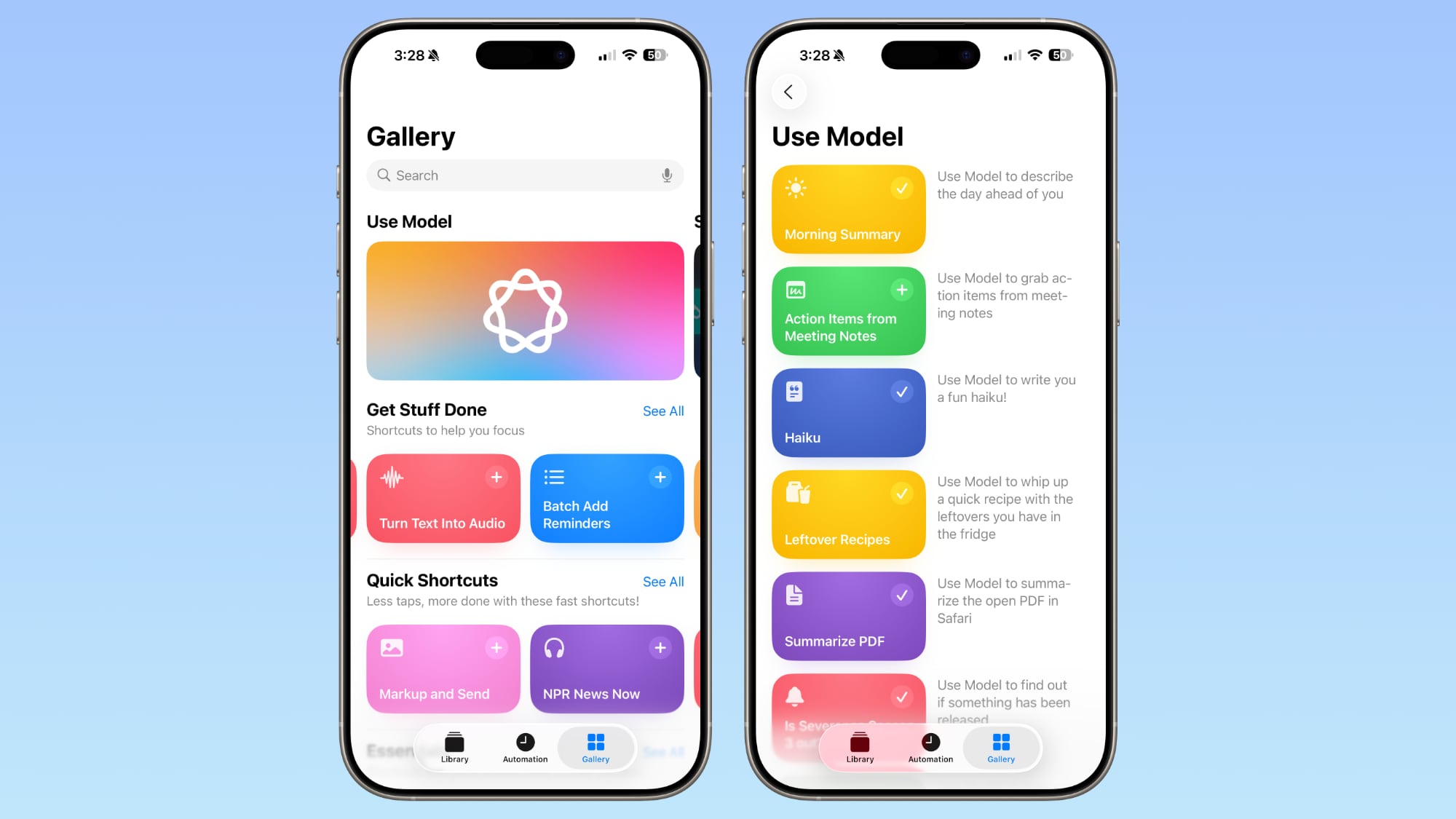“We are witnessing the next great paradigm shift” – Microsoft exec hails the future of AI for businesses everywhere
A year on from the initial launch of ChatGPT, it’s fair to say that advanced AI technology has had a significant impact on the business world.
Microsoft has played a huge role in helping forward the development of workplace AI, spearheading a wide range of launches and initiatives aimed at helping businesses of all sizes maximize their use of the technology in a number of ways.
But with the potential of the technology still far from being totally realized, how much more can businesses benefit from AI? We spoke to Alysa Taylor, Corporate Vice President, Azure + Industry, Microsoft to find out.
How do you view the initial response and welcome from the wider technology industry to ChatGPT and AI as a whole?
A year ago, when OpenAI first introduced ChatGPT to the public in November 2022, the response was simply phenomenal. Within two months of its launch, ChatGPT had amassed an astonishing 100 million monthly users, making it one of the fastest-growing consumer applications in history. Fast forward to today and the momentum has only accelerated, with ChatGPT now boasting 100 million active weekly users, as of November 2023.
This overwhelming public reception signals that there is an incredible appetite for this new form of AI technology. Over the last year, we’ve witnessed remarkable advancement of large language models which are evolving at an unprecedented pace. In collaboration with OpenAI, in February we launched the new AI-powered Bing Chat – reinventing the way we search and how we engage with the incredible wealth of resources on the internet. Subsequently in March, we introduced Copilot for Microsoft 365 – embedding the generative AI-powered chatbot into our everyday work productivity software. Since then, we’ve been on a mission to empower every organisation to harness the power of generative AI by embedding Copilot solutions into different workstreams, from Copilot in Dynamics 365 and Copilot in Microsoft Sales, to launching Copilot for Azure, Copilot for Security, and Copilot for GitHub – shifting what success looks like for every role and function.
Further, as we accelerate into the era of generative AI, Microsoft is also investing the groundwork in cloud infrastructure to ensure optimisation across both hardware and software support. At Microsoft Ignite 2023, we unveiled two new Microsoft-designed chips, Azure Maia – an AI Accelerator chip to run cloud-based training workloads, and Azure Cobalt – a cloud-native chip for general purpose workloads. On top of this, Azure Boost, our new system designed to improve the performance of virtual machines is also generally available.
The speed of innovation, paired with the demonstrated business value we are starting to see from AI investments in every industry, is evidence that we are witnessing the next great paradigm shift. It’s incredibly inspiring to see the potential of AI emerging for both individuals and organisations as everyone looks for the use cases that will enable a step-change in the ways that they operate.
What are some of the most pertinent examples or customer case studies you’ve seen so far utilising Microsoft’s AI platforms?
I think we are all seeing first-hand how generative AI has immense potential. Even in a short period of time, organisations are tackling some of their biggest challenges, from helping physician burnout in healthcare, combating cybercrime and connecting with customers in new ways – AI is becoming woven into the fabric of society and the economic impact will be significant. While top use cases vary by industry, we see organisations around the globe tackling a range of opportunities.
One of the most pertinent examples of AI’s potential is in healthcare. Healthcare workers around the world are facing increased pressure. In the UK, especially, as we enter the winter months, the NHS is facing rising pressure. AI can unlock predictive insights that help to improve the quality and accessibility of healthcare services.
Our strategic partnership with Epic exemplifies our commitment to bringing AI to the forefront of healthcare at a significant scale. This collaboration involves the integration of conversational, ambient and generative AI technologies across the Epic electronic health record (EHR) ecosystem.
Additionally, in March this year, we embedded GPT-4 into the Nuance’s Dragon Ambient eXperience (DAX) Express model – a workflow-integrated, fully automated clinical documentation application. Using a unique combination of conversational, ambient and generative AI, it helps clinicians with consultation note-taking, by automatically creating draft notes after a patient visit, within seconds. Nuance Dax is currently deployed by hundreds of Epic customers to support thousands of physicians, significantly reducing their administrative workload and freeing up time they can then spend on delivering a better quality of care.
Looking across industries, we announced Security Copilot in March, which enables organisations to use AI as they combat the increasingly complex cybersecurity landscape and to help bridge the global security talent shortage. We’ve received positive feedback from our early preview customers, who say that using natural language, Security Copilot can automatically and proactively write up complex queries and security flags, saving up to 40% of time spent on core security operation tasks.
And finally, I’ll point to Microsoft’s own customer service team, which is one of the largest customer service organisations in the world. They have been using Copilot capabilities in Microsoft Dynamics 365 since April of this year. With Copilot, they saw dramatic reductions in agent onboarding time, which has led to a 12% reduction in average query handle time.
What’s clear is that we’re only at the beginning of understanding what’s possible with AI. Whether we’re using it to help with customer engagement, or with empowering employees; to improve business processes or bend the curve on innovation, it’s exciting to see where organisations are applying AI to unlock opportunities.
How much of a transformative effect can AI really have on a small business starting up today?
Although the idea of AI integration may currently be associated with large enterprises and industry giants, there is immense potential in what AI can unleash for small businesses and startups. Generative AI can be a real game changer – from fuelling innovation and streamlining processes and data analysis, to revolutionising user experiences and boosting productivity, the potential applications are endless, no matter what size or stage a business is at.
One of the biggest opportunities for how small businesses can apply AI will be around bridging the skills gap. Copilot services are like an extra pair of hands working alongside your business to help you achieve more with less. Our most recent Work Trend Index data showed that amongst the early adopters of Copilot products, 70% of them said it had made them more productive, 64% of them said Copilot helps them spend time processing emails and 67% said Copilot saved them valuable time so that they can focus on more important work.
Whether it’s saving valuable time otherwise spent on admin tasks like scheduling meetings, to creating the first draft of a sales pitch or generating images and templates of presentations, small business owners can leverage AI to create efficiencies and improve productivity in ways that help them focus on core innovations.
How do you view the debate on control and safeguarding around AI – can such a fast-changing technology ever really be controlled?
The entire industry is still at the very beginning of the AI journey and the speed of innovation we’ve been seeing, especially over the last year, has been remarkable. As we continue the journey to redefine productivity across every sector and industry and envision a new future – addressing the safety of AI is not optional, it’s an imperative – and it must never be an afterthought.
As policymakers around the world convene to establish guardrails around the safety and responsible deployment of AI, commercial organisations must also play an active role. At Microsoft, we follow the responsible AI by design principle and our work is guided by core pillars entailing fairness, reliability and safety, privacy and security, inclusiveness, transparency and accountability. We are also sharing our learnings on responsible AI by offering tools and resources to help our customers approach safety and responsible AI deployment within their own organisations.
To this end, Azure AI Content Safety is now generally available, helping organisations detect and mitigate harmful content and create better online experiences. What’s more, Microsoft has set the standard with an industry-leading commitment to defend and indemnify commercial customers from lawsuits for copyright infringement, with the Copilot Copyright Commitment. And with our recently announced Customer Copyright Commitment, we are taking this one step further, expanding the commitment to customers using Azure OpenAI Service. As part of this benefit, Microsoft has published new documentation to help Azure OpenAI Service customers implement technical measures to mitigate the risk of infringing content.
We heard that Satya Nadella uses Copilot every day at work – what do you use the technology for?
Actually, Satya is far from alone in thinking so – our recent data showed that 77% of Copilot’s early adopters said once they used Copilot, they didn’t want to give it up. Much like Satya, I find Copilot for Microsoft 365 to be an indispensable tool in my daily work routine. Right now, summarisation is my favourite Copilot for Microsoft 365 feature. It has proven to be incredibly useful for distilling key points from PowerPoint presentations and meetings. In Microsoft Teams, for example, Copilot provides the Intelligent Meeting Recap feature – you can ask Copilot questions about the meeting, for example, “what are the action points for my team?” and Copilot will generate a summary of actions from the meeting that are directly relevant to you, within seconds.
But it’s important to remember that the value of AI extends across your work and personal lives. I’m a big foodie and love to cook, and now with the integration of generative AI in Bing Chat, I have a useful Copilot to help me with restaurant recommendations and generating holiday menus, or coming up with creative recipes to use up the ingredients in my fridge. Every day I’m learning more about what’s possible.
